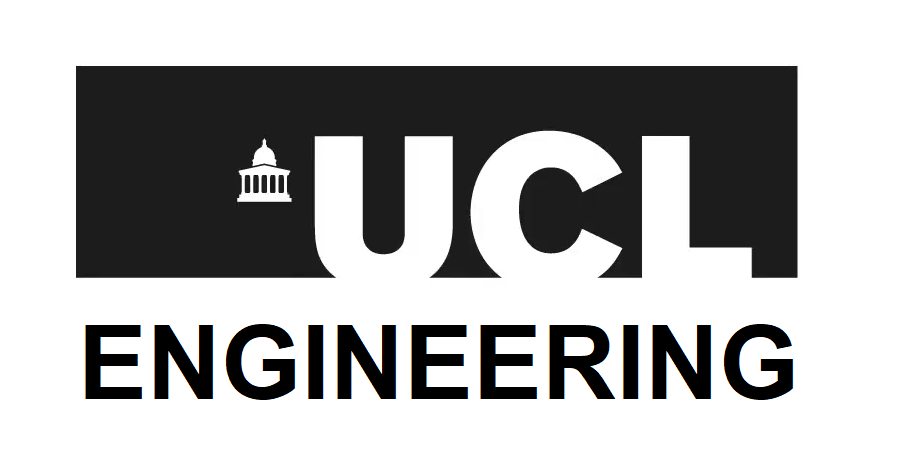Short summary:
The STEM Literacy programme employs highly skilled and trained UCL Engineering student STEM Ambassadors, with unique expertise in their field, to volunteer in schools, acting as teacher assistants. Using different mediating artefacts (posters, cards, other resources) to explore STEM in the classroom, as well as tailored STEM projects and UCL’s inclusive STEM books library “Curious Minds and Budding Engineers” for children and young people.
The programme has seen a dramatic increase in literacy and numeracy skills in participating primary school children as well as in their understanding of maths and science. The STEM Literacy programme in primary schools, achieved remarkable increase in literacy skills (from 22% to 73%), numeracy (17% to 66%) and understanding of STEM (31% to 75%).
Description and objectives:
The STEM Literacy programme employs highly skilled and trained UCL Engineering student STEM Ambassadors, with unique expertise in their field, to volunteer in schools, acting as teacher assistants. Using different mediating artefacts (posters, cards, other resources) to explore STEM in the classroom, as well as tailored STEM projects and UCL’s inclusive STEM books library “Curious Minds and Budding Engineers” for children and young people.
The programme's objectives are:
- Introduce children from an early age to the world of engineering, science and technology
- Improve literacy and numeracy skills in children and young people as well as understanding of STEM subjects and their relevance to everyday life
- Empower children to consider a wide range of STEM degree and career pathways
- Challenge stereotypes holding back children and young people – especially girls and ethnic minorities - from achieving their true potential
As part of the programme UCL created the “Curious Minds & Budding Engineers” STEM Book Library (see background documents) to celebrate women and ethnic minorities in STEM, featuring books like “Ada Twist Scientist”, “Detective Dot” and “My Mummy is an Engineer”.
Link to programme website:
Organisation:
University College London (UCL)
Impact:
The programme has seen a dramatic increase in literacy and numeracy skills in participating primary school children as well as in their understanding of maths and science. The STEM Literacy programme in primary schools, achieved remarkable increase in literacy skills (from 22% to 73%), numeracy (17% to 66%) and understanding of STEM (31% to 75%).
Our evaluation strategy goes beyond the “reaction” level, using mixed methodology including pre and post activity responses; impact observed by teachers; evaluation tasks and external evaluator observations. We obtain evidence of impact at: initial reaction; changes in participants knowledge and skills over 3-6 months (medium impact) or 6-9 months (high impact). Impact evaluation process maps were created to support the evaluation process.
Reach:
The STEM Literacy programme in primary schools has worked with 54 schools and over 1500 children across London primary schools.
In 2023, will be launching as a national programme in partnership with the Royal Society and linked to the “Engineering Kids Future” IET initiative (government, industry and other STEM stakeholders involved).
Budget and funding model:
Funders include: 1. STEM organisations; 2. Foundations and charities; 3. UCL Engineering faculty outreach budget.
Funding includes financial (lumsum or co-), partnership model (via MoU agreement) and / or in kind support (i.e. experts, resources, specialised equipment or kit etc.).
Continued funding depends on shared strategic objectives, the programme’s outcomes and the feedback on impact from the schools, community partners.
data_page_icon_programme:






